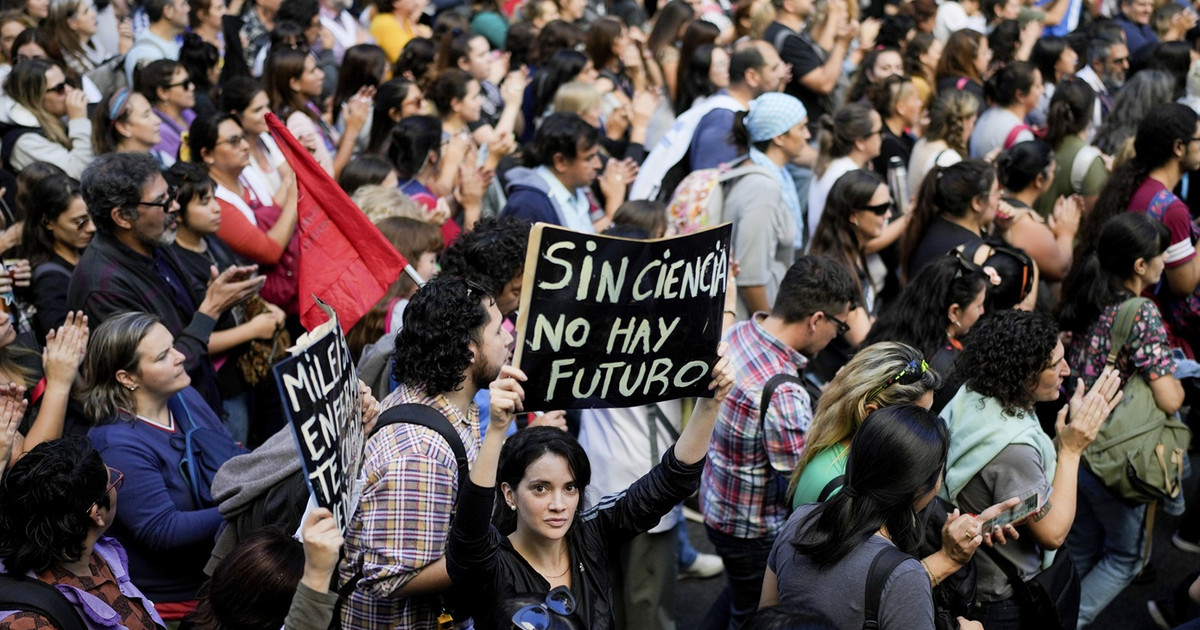By Costas Raptis
Emanuel Macron is running. This is how the French newspaper Libeation portrayed him on its front page, which caused a sensation, with its characteristic headline “My love, I forgot the Left!”.
This is what the matches in two rounds have, as the loser of the first one emerges as the regulator of the second one. And while until last Sunday, the election campaign was flooded with debates over issues of national identity, immigration or law and order, due to rivalry on the right wing of the political spectrum between Marin Le Pen, Eric Zemour and Valerie Pekres of the Republicans, now the April 24 gladiators base their hopes of seizing the French presidency on successive openings to the left.
The reason is simple: the better-than-expected performance of the radical Left candidate, Jean-Luc Melanson, who, reaching 22%, was just 1.1 points behind Le Pen – and out of the second round.
The qualitative characteristics of the vote for Melanson are even more impressive than its final percentage (which was consistently underestimated in the pre-election polls, as well as Macron’s 27.8%): overwhelming dominance of young voters over those who voted in the last three days, in the urban centers and especially in their popular neighborhoods, in the overseas possessions that, in any case, are experiencing a severe crisis and constant mobilizations during the last two years of the pandemic.
A peculiar synthesis of the social issue with the ecological one, of the French patriotic tradition with the anti-racist sensitivity of the populations of immigrant origin gave something for everyone in a remarkable part of the electorate. This is exactly what holds the key to the winner in the second round and should be tempted by the gladiators.
Mitigation of the dilemma
The current resident of the Elysium is not without electoral reserves – although the humiliating performances of the once-strong Socialists, but also of the center-right Republicans, indicate that Emanuel Macron “looted” their votes in the first round. And most importantly: unlike 2017, it can not automatically benefit from the creation of a “republican front” against the leader of the far-right National Alarm. Le Pen’s “demonization” strategy has now succeeded in substance, as its traditional agenda has spread to other political forces (see the campaign of Zemour and Pekres), while it has taken care to conduct a rather low-key election campaign focused on in the living standards and purchasing power of the French.
But the voters of the left do not feel the dilemma with the same intensity. Against the one who is recorded in their consciousness as “the president of the rich”, Lepen no longer projects as a greater evil. How much more so that the differences are mitigated by the authoritarian treatment of social mobilizations in the past five years, most notably the Yellow Vests, as well as the adoption of anti-immigration, more or less, policies by the current government (Interior Minister Gerard Darlein their TV show that they are soft on the subject!).
Who supports whom
Jean-Luc Melanson himself rushed to ask for a vote against Le Pen, but the big question remains whether his fans will listen to him, will prefer abstention or what. Other excluded candidates, such as Ecologists Yannick Zando and Socialist Ann Indalgo, have already endorsed Macron for the second round. Surprisingly, far-right voters Eric Zemour (7.1% of first-round voters) are expected to turn to the current president, and not to what is considered ideologically related to Lepen, because of their more bourgeois than populist profile, but also of the recent “comrade stabbings” that separate the two factions. The fact that the leader of the National Alarm has pledged not to include Zemour executives in any of her government is closing the gap.
Similarly, in the Republican area, which is in shock after 4.8% of Valerie Pecres, the recent creation of a new party by former Prime Minister Edouard Philippe serves as a venue for Macron-friendly center-right, in the rapidly reorganizing political scene.
The openings to the left
With these data, the re-election of Macron is the most probable, but not the only possible scenario. The Politico poll gives the incumbent president 53% of the vote in the second round, compared to 47% for Le Pen. Other inquiries provide a broader lead, but in any case no complacency is allowed in the Macron camp.
This is why Macron is “running” to smooth out aspects of his policy and join Melanson’s voters. He has already indicated that he will not raise the retirement age from 62 to 65, citing broad consultation with unions and possibly reform before any reform. He also stands as the “green” candidate (against a Le Pen who is campaigning against wind turbines), proposing a ban on plastics until 2040 and insisting that the issue of energy transition is in “common ground” with Melanson and Zando.
And of course he could not ignore the revelation that Carlos Tavares, head of the car industry Stellantis, which resulted from the merger of the French PSA with the Italian-American Fiat Chrysler, will have a salary of 19 million euros. Macron called for a European-level ceiling on “astronomical” executives, he said, because “otherwise society will explode at any moment”.
But the explosions that Macron warns of are not necessarily a far-fetched scenario, as the war in Ukraine exacerbates the energy and supply crisis and France’s political system does not seem to be stabilizing, as long as it remains unknown what a majority can emerge from parliamentary elections. June elections. The student occupation of the Sorbonne and other schools under the slogan “Neither Le Pen nor Macron” is already reminiscent of the well-known rebellious moods of French society – and the political vacuum it threatens to lead to.
Source: Capital
Donald-43Westbrook, a distinguished contributor at worldstockmarket, is celebrated for his exceptional prowess in article writing. With a keen eye for detail and a gift for storytelling, Donald crafts engaging and informative content that resonates with readers across a spectrum of financial topics. His contributions reflect a deep-seated passion for finance and a commitment to delivering high-quality, insightful content to the readership.






